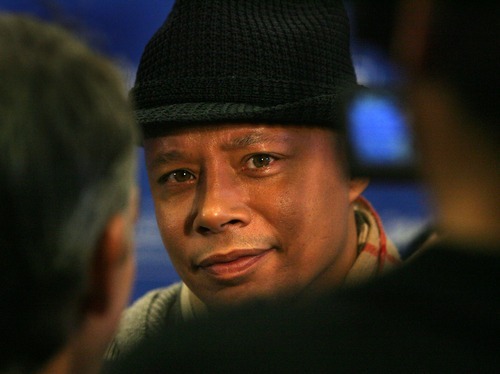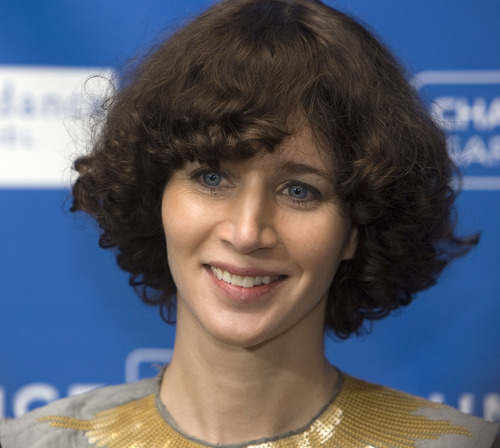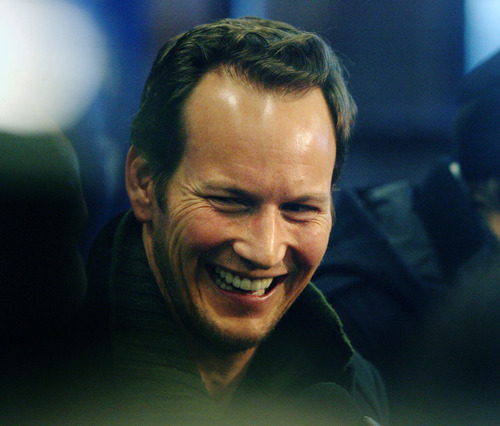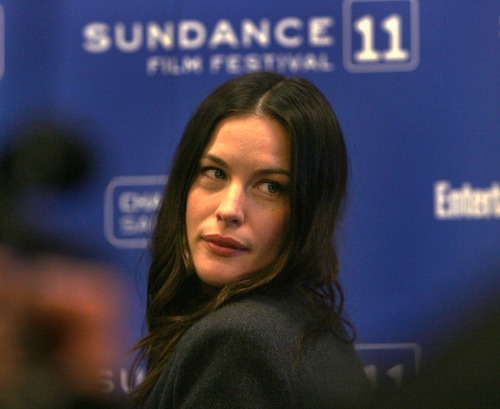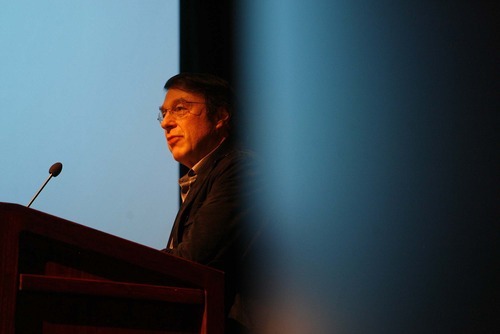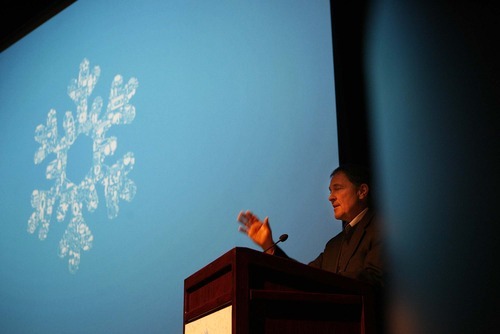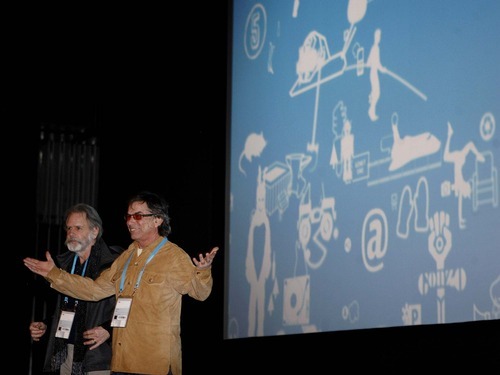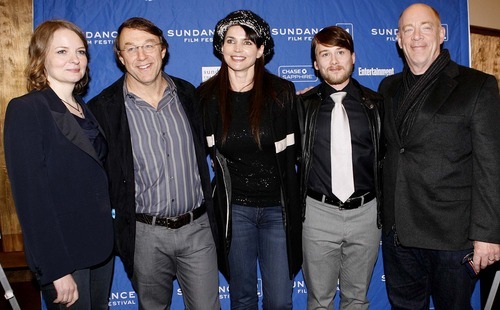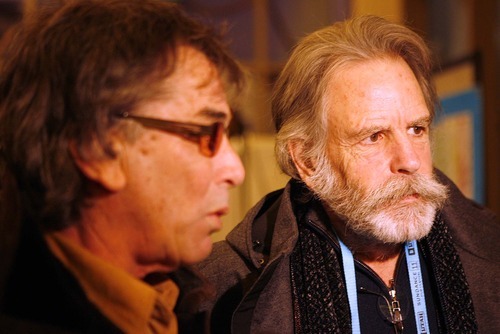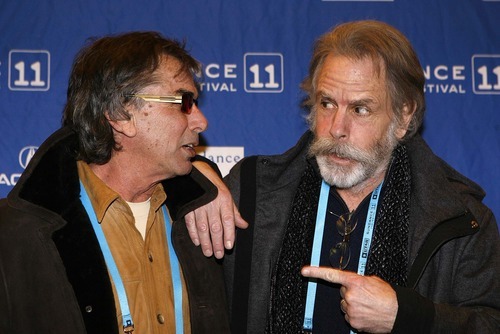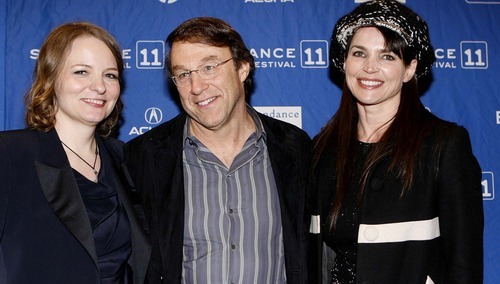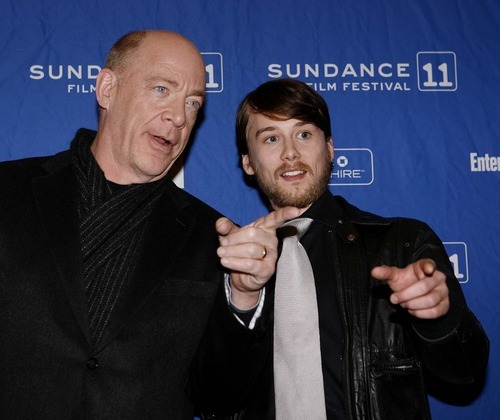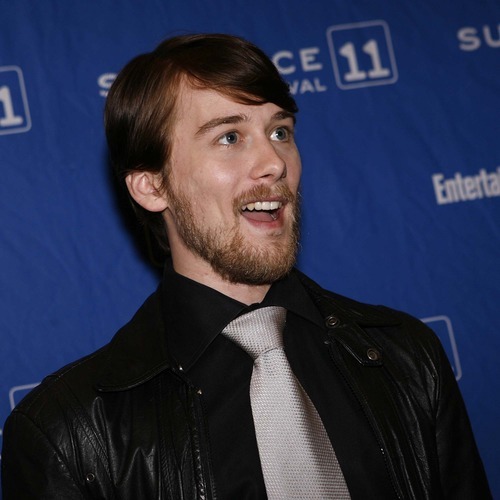This is an archived article that was published on sltrib.com in 2011, and information in the article may be outdated. It is provided only for personal research purposes and may not be reprinted.
For a couple of hours during the Sundance Film Festival's premiere Friday night, about the time it would take for two listens of a long-playing vinyl album, Salt Lake City felt almost hip.
Well, not hip exactly, but even better: A place where creative people are drawn together to tell stories to an appreciative audience.
A place where local politicians swapped titles of their favorite iconic Grateful Dead songs, and a couple remembered how attending the Dead's Feb. 21, 1995, concert at the Delta Center transformed a friendship into something more.
A place where Utah Gov. Gary Herbert could talk about the $62 million the film festival invested in the Utah economy last year — in addition to another $18.5 million worth of worldwide media coverage — and the money talk seemed like another form of creativity.
"I'm proud that Sundance has found a home here in Utah," said Herbert, a former member of the Sundance Institute's advisory board, thanking the festival for giving the state the chance to host the world for a few days.
That was the power of watching the world-premiere screening of director Jim Kohlberg's "The Music Never Stopped" at the Rose Wagner Performing Arts Center in an audience juiced by the presence of the director, screenwriters Gwyn Lurie and Gary Marks, and actors J.K. Simmons, Julia Ormond, Cara Seymour and Lou Taylor Pucci. Special headliners, at Sundance to promote the film, were the Dead's guitarist Bob Weir and drummer Mickey Hart.
Based on a true story written by British neurologist Oliver Sacks, "The Music Never Stopped" tells the emotionally resonant story of Gabriel (Lou Taylor Pucci), who suffers amnesia after surgery for a brain tumor. His long-estranged father (J.K. Simmons) heals his rift with his son only after a sensitive music therapist (Julia Ormond), observes how Gabriel comes alive when listening to the music of the Beatles, Bob Dylan, the Rolling Stones, and especially the psychedelic notes of the Grateful Dead. "They play what's in the air," Gabriel later explains to his father. "They play the moment."
What sets the film apart is how music, particularly the most iconic songs of the 1960s, are intricately woven throughout the story. "I want to know how much they paid for [copyright] clearance," Utah composer Kurt Bestor commented when the lights when up after the screening.
Kohlberg said he feared the movie wouldn't get made because of the cost of copyright permissions, but then an enterprising music director turned some of the world's most famous musicians into movie supporters.
"It's about the healing power of music, which is an infant science, but a very, very promising one," said Weir during a short question-and-answer session after the screening sparked warm applause and a standing ovation.
Jerry Garcia would have approved of the movie's storytelling, Weir responded to a questioner, while Hart quoted Bob Marley to say "music has plenty power."
The Dead's music helped fans "go beyond," he said, to invisible spaces. "We saw masses of people going into ecstatic trances," Hart said. "It didn't take a real genius to figure out these people were going beyond.''
"I just have to say the guys on stage were going beyond, too," Weir added to laughter.
And at Sundance on Friday night, as moviegoers like Utah Sen. Ben McAdams traded stories about the music that mattered most to their lives — that would be "Sugar Magnolia" or "Friend of the Devil" — Salt Lake City seemed transformed, too.
Sundancing with us
Follow the Tribune on Twitter @sundancelive, read our blog at blogs.sltrib.com/sundance or visit http://www.sltrib.com/sundance.


